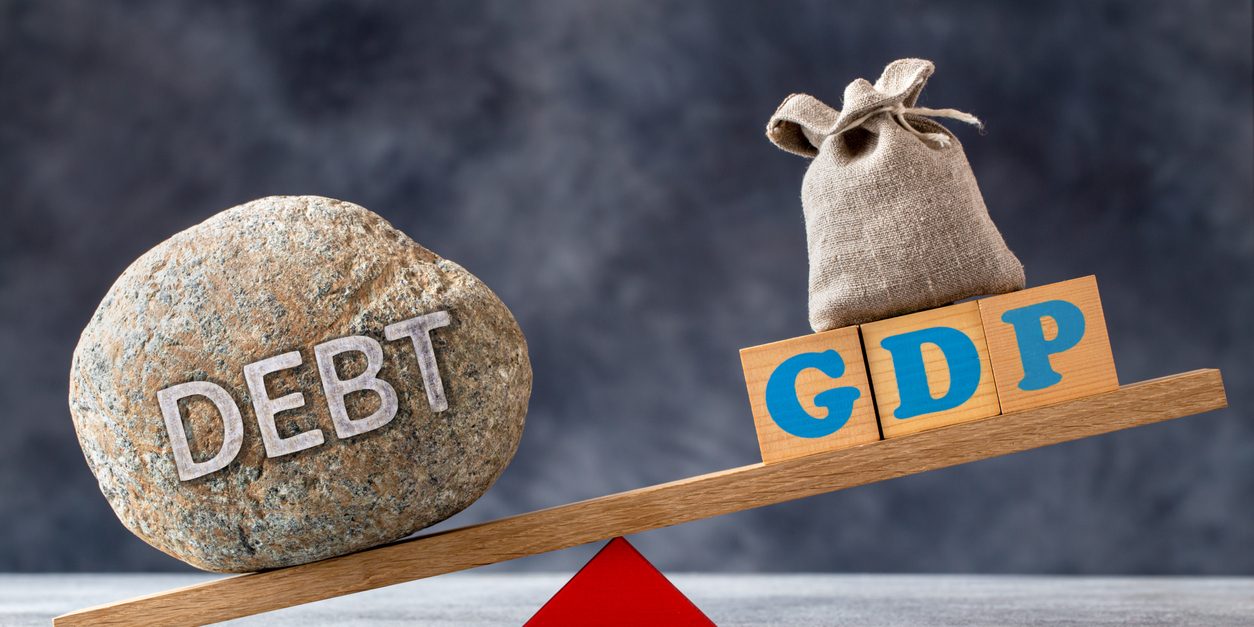Fashion
Wretched when the country defaulted on debt
After 13 rounds of cancer injections, Rosanne White could not find the drug in a public hospital, when the country declared bankruptcy. Rosanne White was diagnosed with cancer eight years ago and lost a kidney. After the disease recurred five years ago, an oncologist in the Sri Lankan capital Colombo prescribed Bevacizumab to White, to which she responded well.
Wretched when the country defaulted on debt
White, 58, said she was given free treatment as part of a government-funded health system. The vast majority of people in the country of 22 million people depend on this system.
However, after 13 courses of treatment, White said she is currently unable to find Bevacizumab in public hospitals. The drug costs 113,000 Sri Lankan rupees ($359) on the market and, without insurance, White had to spend on the meager savings to buy the drug.
“We had to call the hospital first to confirm if there was any medication. But what to do when the nurses said the hospital didn’t have any?”, White said.
White’s struggle to find Bevacizumab in public health facilities is the first sign that Sri Lanka’s health care system is about to collapse in the face of the worst economic crisis. Sri Lanka has declared default , is unable to pay its foreign debt of 51 billion USD and is waiting for a support package from the International Monetary Fund (IMF).
A shortage of foreign currency has prevented the government of President Gotabaya Rajapaksa from importing essential items such as medicine, food and fuel, prompting thousands of people to take to the streets to protest against the government. Sri Lanka imports most products, from powdered milk, rice, and gasoline to pharmaceuticals and cement.

Sri Lankan government officials, doctors and health union leaders say they have never seen the country’s health system in such a bad state. An internal notice from a public hospital in the capital Colombo said that surgery, including emergency, will be postponed until April 7 because of a lack of medical supplies.
The Sri Lankan Ministry of Health has not yet responded to questions about the issues facing the industry.
The Sri Lanka Medical Association last week sent a letter to President Rajapaksa, warning that the country may have to stop emergency treatments in the coming days.
“This can lead to a lot of deaths,” the Sri Lanka Medical Association wrote.
At the end of March, a 70-year-old woman was transferred to a public hospital on the outskirts of Colombo in a state of septic shock leading to a severe drop in blood pressure. The doctor in charge said that albumin injection was the only solution to save the patient.
“However, the drug albumin was not available at that time. That meant I lost a crucial 5 minutes. The patient died,” the doctor, who asked not to be named, said.

Of the 1,325 medicines that the Sri Lankan government has provided to state hospitals, three drugs for serious illnesses have completely run out, and 140 other essential medicines have also disappeared, according to Sri Lankan Medicines Ministry official Saman Rathnayake. shortage.
“This situation will not end in two months. The crisis of lack of USD to import medicine continues,” Rathnayake said.
However, he added that the new supply from India could help alleviate the shortage of pharmaceuticals immediately. Some medicines Sri Lanka ordered through a line of credit with India, which supplies 80% of the island nation’s pharmaceutical needs, could be delivered in two weeks.

“If the credit line with India is still in effect, there will be no problem for the next six months,” Rathnayake said.
Sri Lanka has also sought help from the World Health Organization (WHO), the World Bank (WB) and the Asian Development Bank (ADB). “The supplies from them will come in 6 months. That’s how we plan,” Rathnayake shared.
Concerned about medical supplies, some groups of doctors have urged people to donate medicine. The Sri Lanka Newborn Protection Association has offered to support intubation tubes for infants with respiratory failure, as these medical supplies are running low.
“We’ve almost used up our intubation tubes and won’t have any in a few weeks,” Saman Kumara, the association’s president, said in a letter asking for donations posted on social media.
“I have instructed staff not to throw away used tubes, but to clean and sterilize them from now on because they may have to be reused,” Kumara said.

The depleted list of medical equipment at a public hospital in southern Colombo has more than 40 items, including urethral catheters, umbilical cord clamps and glucose test strips for blood sugar testing.
At a public hospital in northern Colombo last weekend, crowds of sick people had to wait on benches in the great hall for their turn to be examined. The hospital is one of the largest in the country, receiving about 50,000 patients a month, an official said.
“We are still fighting,” said the official, who asked not to be named. “But I don’t know how long I can continue to maintain medical services.”
As early as last August, when the crisis began to appear, this hospital stopped improving its infrastructure to save money to buy medical supplies. In recent weeks, after inflation spiked in Sri Lanka , hospitals continued to come under financial pressure as the cost of medical supplies increased by 30-40%.
Medicines ministry official Rathnayake said the Sri Lankan government owes about 4 billion rupees ($12.70 million) to suppliers of medical items such as gloves and reagents for testing.
Sri Lanka’s Finance Minister Ali Sabry over the weekend said his top priority was stabilizing supplies of essential items such as medicines. However, for critically ill patients like White, coping with the crisis is becoming more and more difficult. She says the painkiller morphine is also scarce now.
“My son went to get medicine the other day and had to come back empty-handed. I felt so helpless. I didn’t even have the strength to go to a protest,” White said.
Contact us:
- https://www.linkedin.com/in/swag-store-52068b237/
- https://www.pinterest.com/allyoloswagstore/
- https://twitter.com/StoreSwag2
- https://www.facebook.com/swagtshirtsandfurniture/
Homepage: https://allyoloswag.com/

